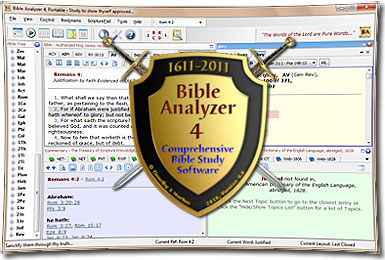
That is, the Masoretic editors had understood that Job would see God both within his body (verse 26), and without his body (verse 27). The margin notes of the Masoretic Text ( Masorah Parva) as annotated in the Biblia Hebraica Stuttgartensia provide amplified understanding of the text. How should we decide whether “in” or “without” is closer to the intended meaning?

The basic meaning is “from,” and several translations have simply left it at that (Darby, NABRE, NASB, RSV) but that's a bit awkward and unclear in English, and the question (as postulated by the ESV) of whether the sense is “in” or “without” remains. I suppose the decision rests on the meaning of the preposition מִן that is prefixed to בשר. This explains the basic interpretive implications of the choice but doesn't give me a good sense of how the decision should be made. The latter view is taken by those who interpret the preceding line as meaning death and the next verse underscoring that it will be his eye that will see. The former view is taken by those who think Job’s vindication will come in this life, and who find the idea of a resurrection unlikely to be in Job’s mind.

This could mean “without my flesh,” i.e., separated from my flesh, or “from my flesh,” i.e., in or with my flesh. The ESV footnote on the word in says, “or without”.
#BIBLE ANALYZER ESV SKIN#
And after my skin has been thus destroyed, yet in my flesh I shall see God.


 0 kommentar(er)
0 kommentar(er)
